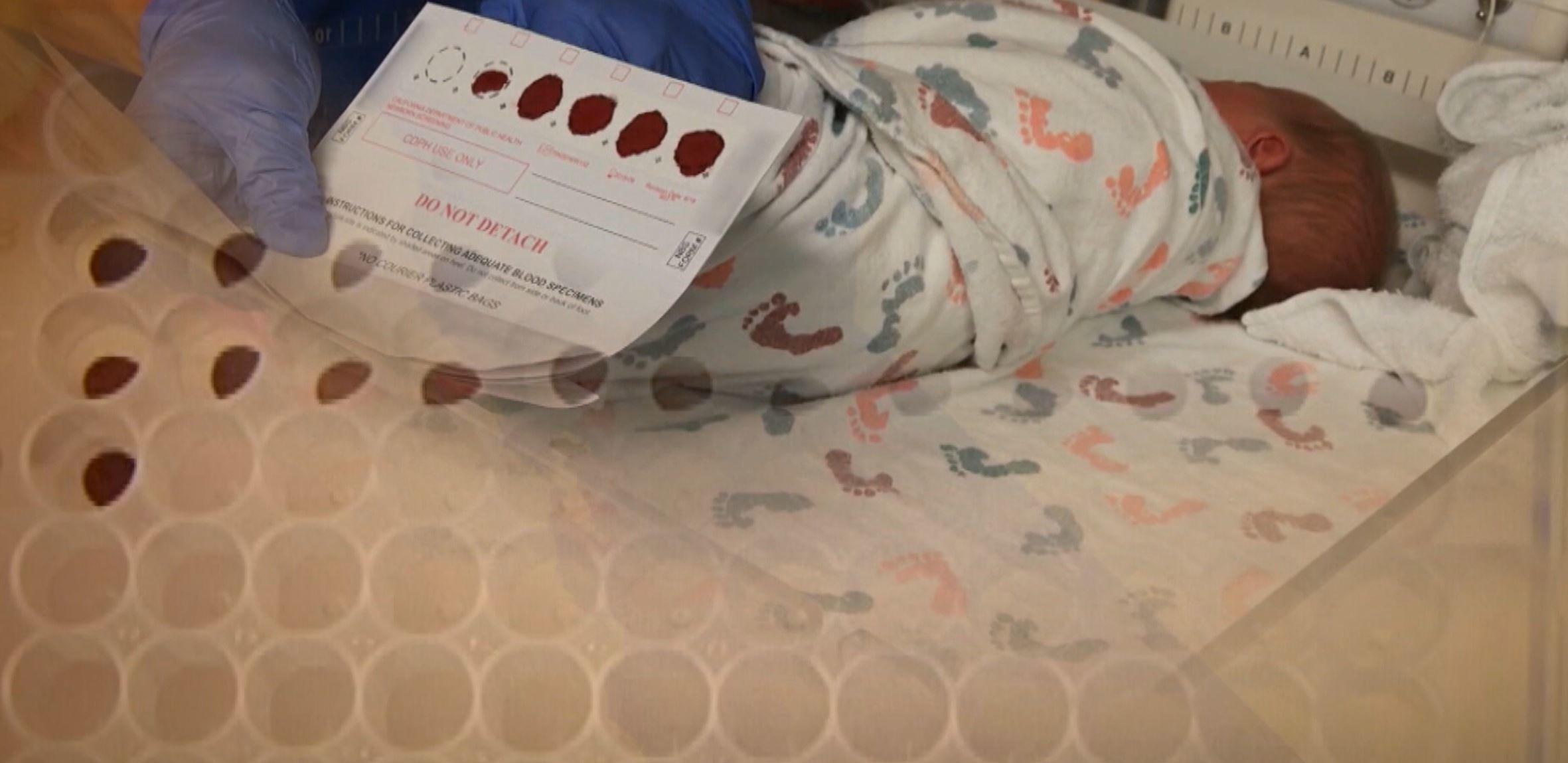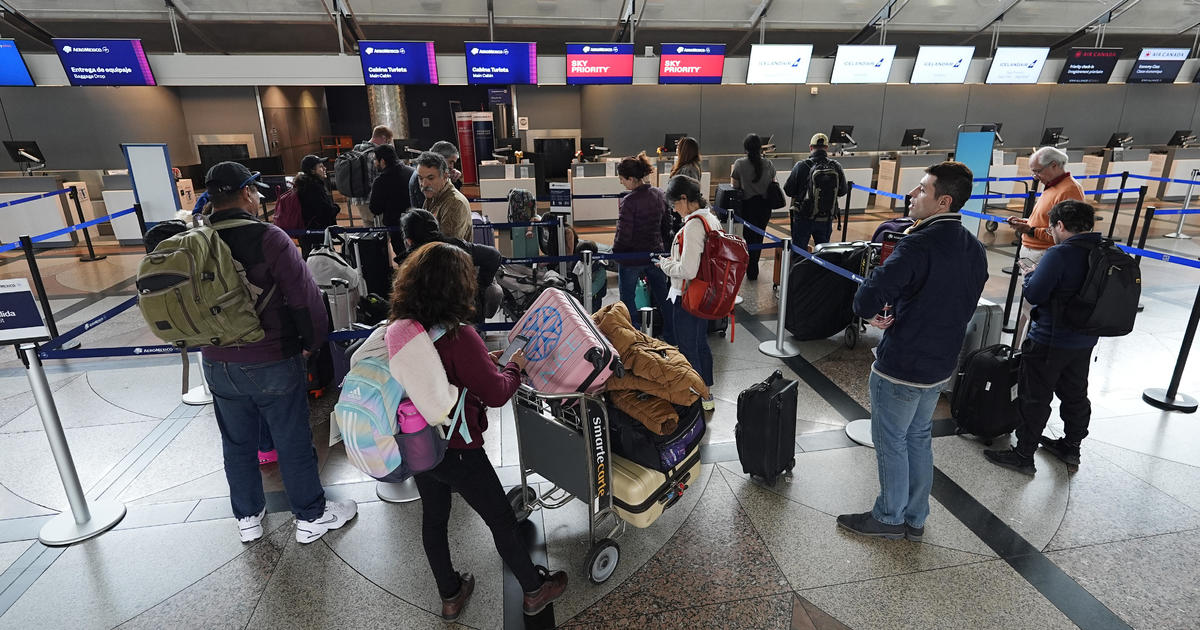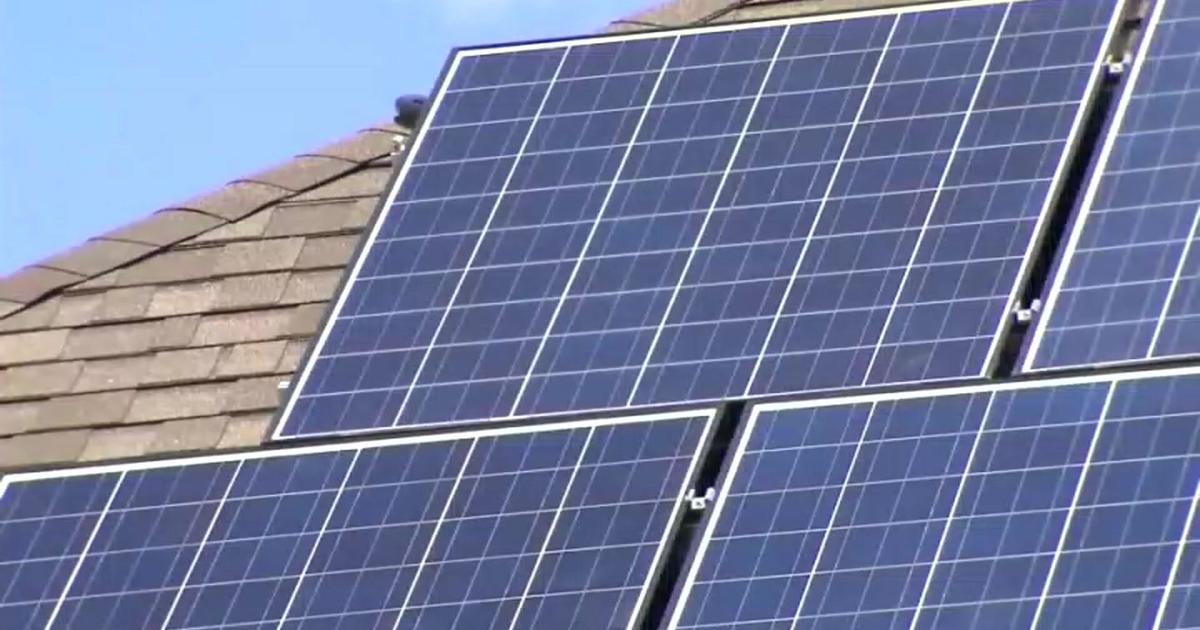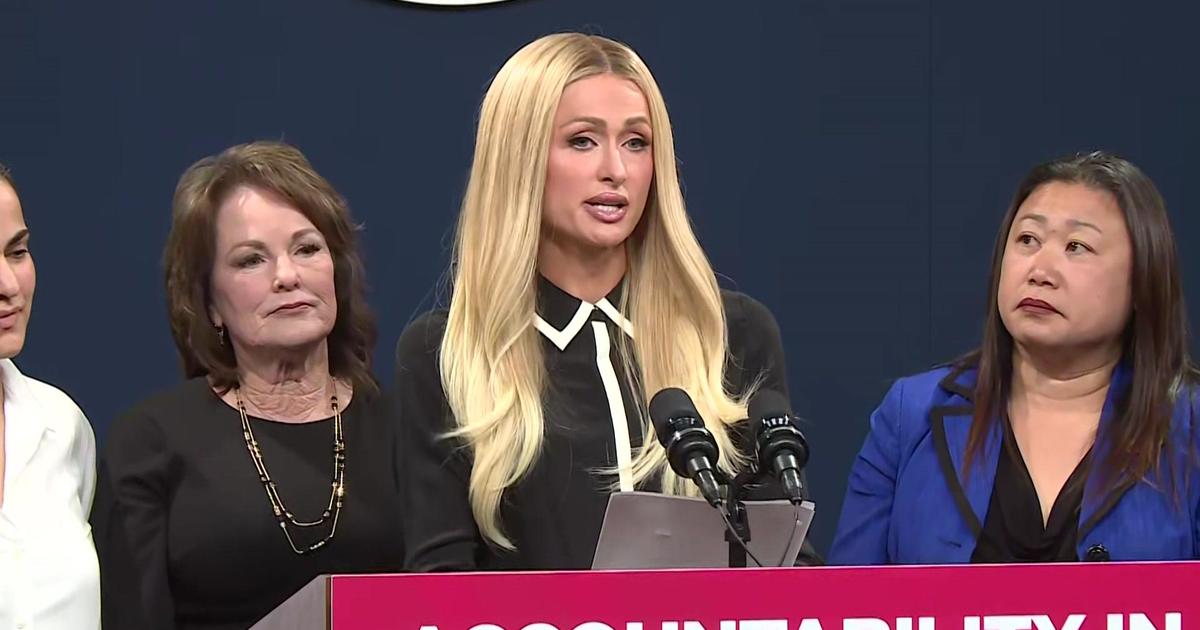DNA Collection Law Struck Down By California Appeals Court
SAN FRANCISCO (AP) - A California appeals court Wednesday struck down a state law that requires the collection of DNA from anyone arrested on suspicion of committing a felony.
The 1st District Court of Appeal said Wednesday that the state Constitution's ban on unreasonable search and seizure prohibited the DNA collection using a cheek swab. The law was approved by voters in 2004.
"We conclude that the DNA Act ... unreasonably intrudes on such arrestees' expectation of privacy," Presiding Justice J. Anthony Kline said in a 3-0 ruling.
There was no immediate order stopping police in California from continuing to collect DNA, and the appellate court's ruling could be appealed. Still, the ruling is important, said Julia Harumi Mass, a senior staff attorney at the American Civil Liberties Union of Northern California, which filed a brief in the case.
"It's one of the first opinions to recognize that DNA analysis is fundamentally different from a fingerprint," Mass said. "Arrestee DNA collection raises serious privacy concerns."
Supporters of the law say law enforcement's interest in solving cold cases, identifying crime suspects and even exonerating the wrongly accused outweigh privacy concerns raised by the forced DNA collections.
The state Attorney General's office is reviewing the decision, spokesman David Beltran said.
The appeals court in Wednesday's ruling was reviewing an earlier decision it issued on the law in light of a 2013 U.S. Supreme Court ruling that upheld a similar Maryland law. The earlier ruling also found the California law unconstitutional.
The appeals court said the Supreme Court decision did not apply in this case in part because of significant differences between Maryland's law and California's law. Maryland's law, for example, only allows the DNA of suspects to be tested after they have been charged with a crime. California's law allows testing even before charges are filed. The California law also applies to all felony suspects who are arrested regardless of the seriousness of the alleged crime.
The appellate ruling came in the case of Mark Buza, who was suspected of setting a police car on fire in San Francisco, but refused to provide a DNA sample after his arrest.
The ACLU's Julia Harumi Mass said a case challenging California's DNA collection law in federal court has been put on hold in light of Wednesday's appellate court ruling.
Copyright 2014 The Associated Press.



